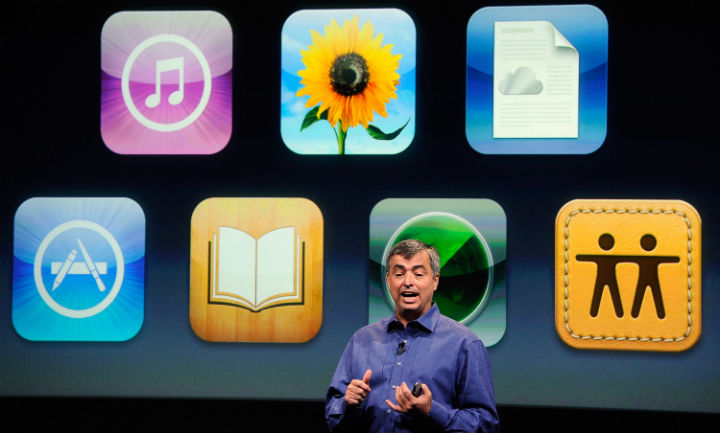As more of us turn to the cloud to store work-related files and important personal data, our expectations rise for platform security, accessibility, and reliability. This month Dropbox suffered an extended outage, and users weathered disrupted service for two days. Last month a Yahoo mail outage prevented accessing to mailboxes for days. In 2013, Evernote was hacked, and the much-loved app remains notoriously buggy and unstable. In 2013, Microsoft Windows users facing SkyDrive issues with the update to 8.1, and Apple’s iOS7 update broke the iCloud for many.

Of course it’s not just cloud computing services that fail — our personal digital devices die too. For example, how long does the average computer hard drive last? Experts disagree, but a recent quantitative study involving 25,000 drives found that 22 per cent die within four years. If you’re putting all your most critical data on your PC but don’t have a physical or cloud backup system, this leaves you vulnerable to major digital pain in the event of device failure or data corruption.
To honour January’s Get Organized Month, consider implementing a plan to safeguard your precious digital memories and mission-critical documents. It need be nothing too fancy, so long as your backup plan is reliable and you can get in the habit of using it. Here are four solutions to consider:
Add some terabytes: Prices for physical storage continue falling. You can pick up terabytes of portable external hard drive space for under $200. Once filled, store the drive at your home or off-site for added security. Invest in two of them, and you’re all set to rotate and update backups weekly or monthly. Need a reminder to do so? Schedule one using Remember the Milk, Wunderlist, or via Google calendar notifications. For Mac users the three terabyte AirPort Time Capsule is an obvious backup choice (cost: $399).
- Ontario takes action against chemical plant after Aamjiwnaang First Nation residents fell ill
- High benzene levels detected near Ontario First Nation for weeks, residents report sickness
- Beijing orders Apple to pull WhatsApp, Threads from its China app store
- Fishing vessel with crane, net arrives in Zeballos for orca calf rescue
Hop on a new cloud: Sign up for an extra computer cloud membership to have duplicate copies of your data readily accessible in case one suffers an outage. The most popular cloud backup services to explore and compare: SugarSync (60GB $7.49/month), Google Drive Cloud Storage (15GB free, $4.99/month for extra 100GB) Dropbox (2GB free, $9.99/month for extra 100GB), and Apple’s iCloud (5GB free, $20/month for extra 10 GB).
Double up on digital organization: If you are already an Evernote user, give Pocket a try. With a user base of nine million, Pocket is a free web bookmarking tool, mobile-device ready, with a visually appealing and user friendly design. And the free service If This Then That, lets you connect Pocket to Evernote to instantly and painlessly save a backup of whatever you bookmark, on two clouds.
Download Your Updates: Finally, for Instagrammers, Facebookers and Tweeters among us, there’s a secure cloud backup service to store copies of all social media postings. SocialSafe lets you download posts you make to Google+, LinkedIn, Pinterest and the like, to your personal computer. and it doesn’t store a copy on their servers (free trial, pricing starts at $6.99/year).
Setting up or upgrading your personal data backup and storage system is worth the time and money invested if it saves you from a catastrophic data loss or extended downtime. The right just-in-case strategy, a combination of physical backups and cloud services, can protect against incredibly frustrating, potentially devastating outage scenarios. January is an excellent time to organize your digital life for maximum productivity.




Comments